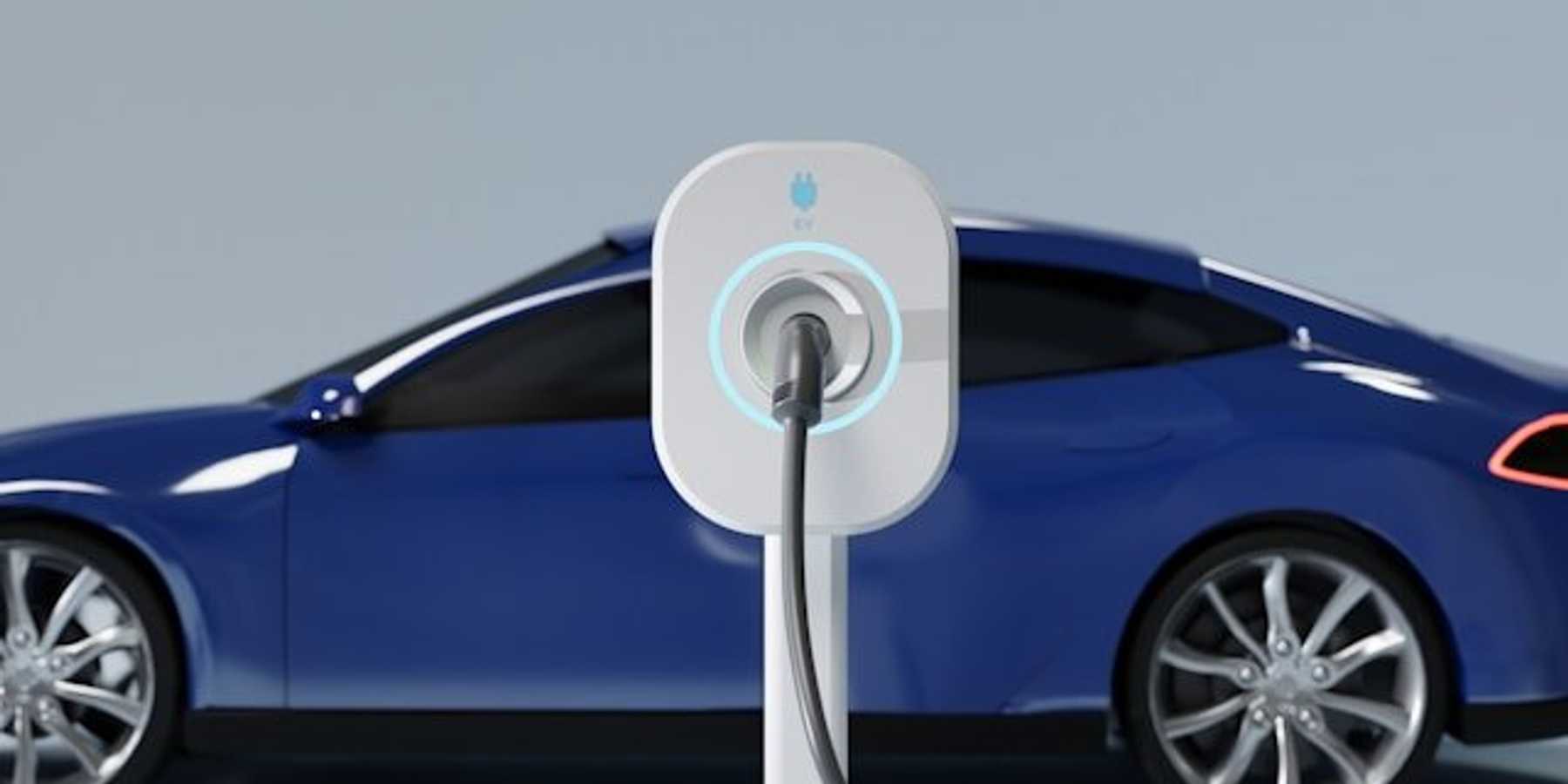
California pushes ahead on electric vehicle plans despite federal rollback
California officials reaffirmed their push for zero-emission vehicles even as the Trump administration moves to revoke the state's authority to set stricter-than-federal pollution rules.
Sharon Udasin reports for The Hill.
In short:
- California’s Air Resources Board (CARB) released a report outlining new strategies to expand electric vehicle adoption, including sustaining fuel standards, boosting incentives, and leveraging private investment.
- The report responds to a Trump administration rollback of California’s Clean Air Act waiver and follows lawsuits by truck makers challenging state clean vehicle rules.
- CARB also proposed updates to infrastructure, workforce development, and fleet procurement to stay on track with state climate targets and reduce harmful emissions.
Key quote:
“The world is accelerating forward toward cleaner vehicle technologies and is going to watch the U.S. fade into the rearview mirror.”
— Liane Randolph, chair of the California Air Resources Board
Why this matters:
California has long played an outsized role in national clean air policy. Under the Clean Air Act, the state historically set tougher vehicle emission standards, which other states could follow. Revoking that authority threatens decades of progress on smog reduction and climate goals. Transportation remains the biggest source of greenhouse gases in the U.S., with direct health consequences — especially for low-income communities near highways, ports, and distribution centers. Diesel trucks and gas-powered cars emit pollutants linked to asthma, heart disease, and premature death. As heatwaves and wildfires grow more severe, cleaner vehicles are central not only to climate action, but public health and environmental justice. Weakening California’s efforts could stall a broader shift toward electric vehicles, even as global markets move ahead.
Read more: California races to protect clean air rules after Trump rolls back emission waivers













